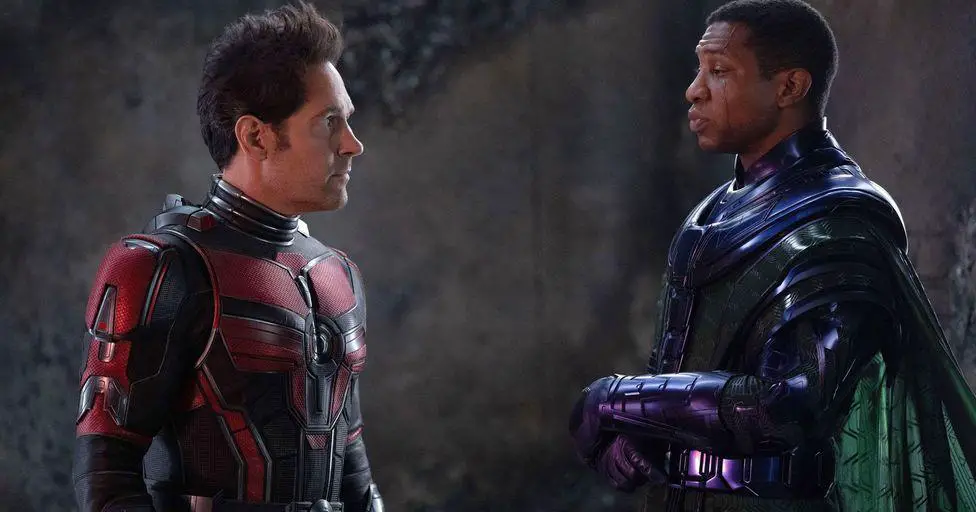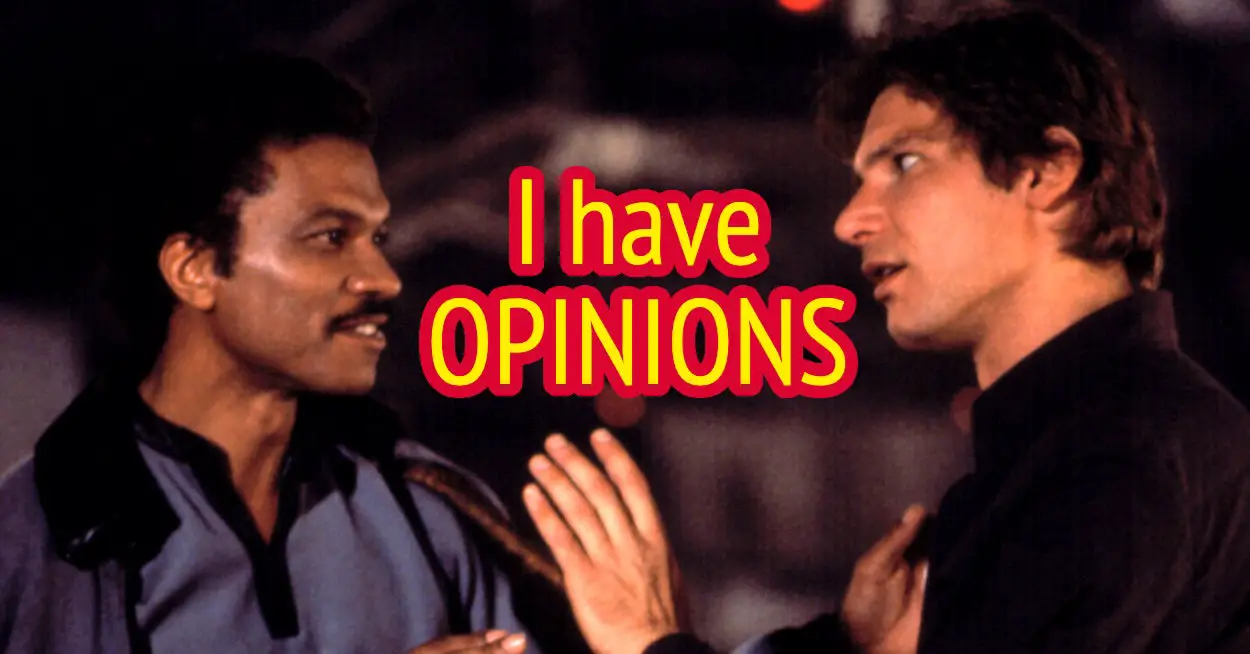Marc Andreessen, co-founder of the venture capital firm Andreessen Horowitz, published an almost 7,000-word blog post today that presents the rise of artificial intelligence in almost utopian terms and scathingly contradicts the grim outlook painted by various AI skeptics.
As academics, business leaders and scientists discuss the possibility of AI creating problems for society that won’t be easy to fix once computer intelligence gains a certain amount of technological nous, Andreessen (pictured) said he believes that AI will augment human capabilities and solve many of the problems that have plagued humanity for many years. “AI will not destroy the world, and in fact may save it,” his article begins.
Andreessen, who wrote another trend-setting article, “Why Software Is Eating the World,” almost 12 years ago, explains that all human achievements throughout history have been a result of human intelligence and that advancements in science, philosophy, medicine and all other disciplines have taken the world from a backward reality to our present relatively highly evolved state. AI, he says, will only add to human intelligence. He then lists a number of things AI will improve: education, productivity, science, space travel and even the creative arts.
Far from a risk to humanity, he says, the development of AI is a “moral obligation” that we have to our children and the future. “The stakes here are high,” he says. “The opportunities are profound. AI is quite possibly the most important – and best – thing our civilization has ever created, certainly on par with electricity and microchips, and probably beyond those.”
This is certainly not the viewpoint outlined in various media. Social media is constantly bombarded with memes and missives expressing that AI will create a world of omnipresent and dangerous deep fakes, of artists, musicians and writers losing their jobs, of rising inequality, not to mention the warnings from public figures such as Elon Musk and Stephen Hawking about an out-of-control AI destroying humanity. Others have said AI development should just be paused for a while as we come to grips with the digital Pandora’s box we have prized open.
Andreessen doesn’t see it that way. He believes with every new technology the Luddites come out of the woodwork, and there’s a “moral panic – a social contagion that convinces people the new technology is going to destroy the world, or society, or both.” He added that there’s nothing wrong with skepticism, but we should not allow it to become “hysteria.” He calls the moral panic missionaries “Baptists” and those who take advantage of the hysteria the “Bootleggers” – those that earn money from regulation.
“The problem with the Bootleggers is that they win,” he says. “The Baptists are naive ideologues, the Bootleggers are cynical operators, and so the result of reform movements like these is often that the Bootleggers get what they want – regulatory capture, insulation from competition, the formation of a cartel – and the Baptists are left wondering where their drive for social improvement went so wrong,” he wrote.
His missive stretches on in this vein, outlining what the people he considers AI “doomers” think, what he calls their “non-scientific and so extreme” views. He goes as far as to say these people belong to “apocalypse cults.” He talks about free speech and the panic regarding the proliferation of dangerous speech, which he says, will lead to “greater levels of censorship and suppression.”
He believes that rather than take our jobs, AI “may cause the most dramatic and sustained economic boom of all time.” The article goes on to outline benefits on top of benefits. It’s certainly an interesting and persuasive, if single-minded, argument. His conclusion is that developers and companies should be allowed to reach for the stars and not be held back by “regulatory capture” and a “government-protect cartel.” If the U.S. doesn’t seed the boom, he says, China will leave the U.S. in its contrails.
Photo: TechCrunch
Your vote of support is important to us and it helps us keep the content FREE.
One-click below supports our mission to provide free, deep and relevant content.
Join our community on YouTube
Join the community that includes more than 15,000 #CubeAlumni experts, including Amazon.com CEO Andy Jassy, Dell Technologies founder and CEO Michael Dell, Intel CEO Pat Gelsinger and many more luminaries and experts.
THANK YOU
Source link










Leave a Reply